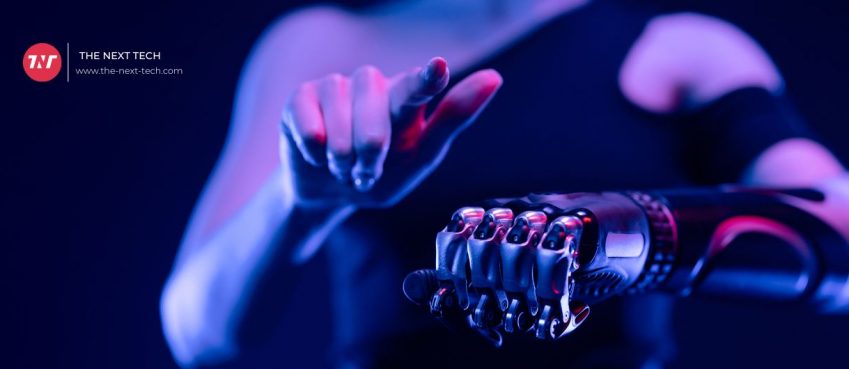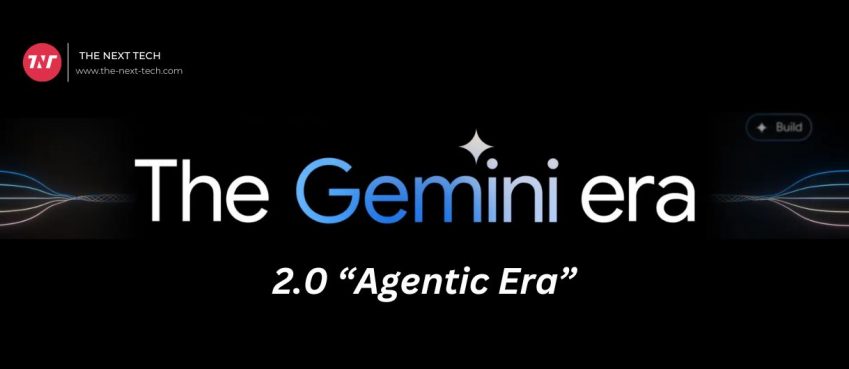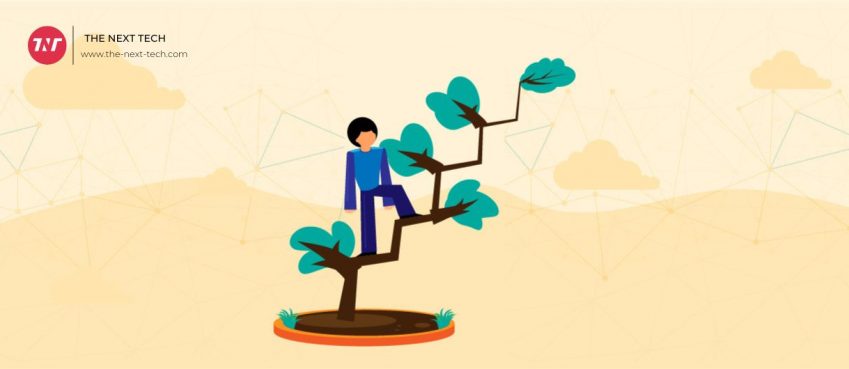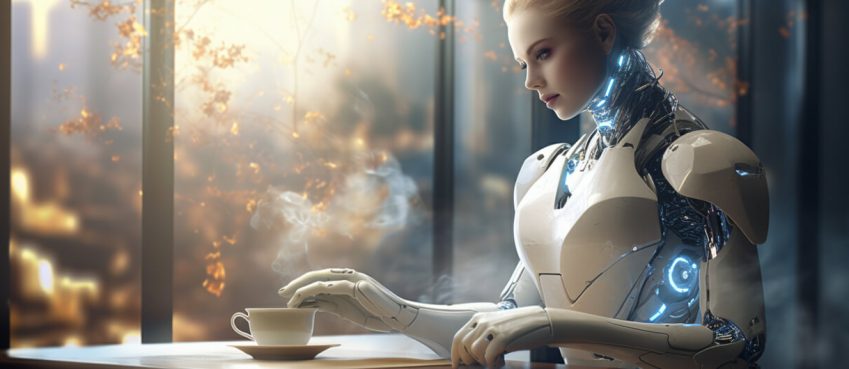
Are you curious about the hot new collaborator on your favorite artist’s latest album?
It could be artificial intelligence.
AI music progress is rapidly improving, thanks to musicians and researchers at major tech conferences who are keen to incorporate widespread AI into the music industry.
(adsbygoogle = window.adsbygoogle || []).push({});
Many artists feel we’re about to enter a “golden age” of creativity, powered by artificial intelligence, that can push music in new directions.
Let’s take a look at the most recent ways that artificial intelligence is changing the music industry.
Creating New Songs with the Help of AI
For 30 years, musician and composer David Cope have been working on Experiments in Musical Intelligence (EMI). EMI was created in 1982 to aid Cope in overcoming “composer’s block”. Now, his algorithms produce a wide variety of original compositions in various genres and styles.
AIVA uses AI and deep learning algorithms to help mainstream users compose their own soundtrack music and scores. This is the ideal tool for content creators who want to have a constant supply of music, but don’t have the budget to pay royalties.
Grammy-nominated producer Alex da Kid used IBM Watson to analyze five years of hit songs, as well as cultural data from films, social media, and online articles to figure out a theme for an AI-generated song that fans would enjoy. The final song, “Not Easy,” reached number four on the iTunes Hot Tracks chart within 48 hours after its release.
Drew Silverstein, Sam Estes, and Michael Hobe were composing music for movies like The Dark Knight. They started receiving requests for background music for TV and video games.
They worked together to create Amper, a consumer-friendly online tool that helps non-musicians and online content creators make royalty-free music – using their own parameters – in a few seconds.
Creating Virtual Pop Stars
One thing is certain: Fans have stopped going to concerts since the outbreak of the pandemic.
To fill the void, Authentic Artists has introduced a large collection of AI-powered virtual artists who can deliver new music experiences.
Authentic Artists’ animating virtual musicians create original compositions that can be played on screen. They also respond to audience feedback by changing the tempo, intensity, or fast-forwarding to the next song.
Also read: What Is Walmart Call Out Number? How To Calling Out At Walmart?
Finding the Next Big Artists
According to Buzz Angle Music’s 2018, report, audio-on-demand streaming such as Spotify accounted for $534 billion.
How can promising artists be discovered in a sea of competition?
Artificial intelligence aids the music industry by helping with A&R (artists and repertoire) discovery. This involves combing through music to find the next big star.
Warner Music Group purchased a tech startup last year. It uses an algorithm that reviews streaming and social data to identify promising talent. Apple also purchased Asaii in 2018, a company that specializes in music analytics to boost their &Aamp;R.
Also read: Top 6 Tips to Stay Focused on Your Financial Goals
AI Complementing Creativity
AI technology is changing the music industry in many ways. However, creatives should not be concerned about losing their jobs or being replaced by computers. Artificial intelligence is still far from being able to create hit songs by itself.
As tools improve and the music industry learns to use AI to augment human creativity, the world will sound sweeter each year.
Top 10 News
-
01
10 Exciting iPhone 16 Features You Can Try Right Now
Tuesday November 19, 2024
-
02
10 Best Anatomy Apps For Physiologist Beginners
Tuesday November 12, 2024
-
03
Top 10 Websites And Apps Like Thumbtack
Tuesday November 5, 2024
-
04
Top 10 Sites Like Omegle That Offer Random Video Chat
Monday October 21, 2024
-
05
Entrepreneurial Ideas To Make 5K In A Month (10 Realistic Wa...
Monday October 7, 2024
-
06
[10 Best] Cash Advance Apps Like Moneylion And Dave (No Cred...
Friday September 20, 2024
-
07
Top 10 Richest Person In The World
Tuesday August 27, 2024
-
08
Top 10 Unicorn Startups In The World (2024-25)
Monday August 26, 2024
-
09
Top 10 IT Companies In The World By Market Cap
Thursday August 22, 2024
-
10
[10 New] Best OnionPlay Alternatives To Stream TV Shows And ...
Tuesday June 11, 2024







